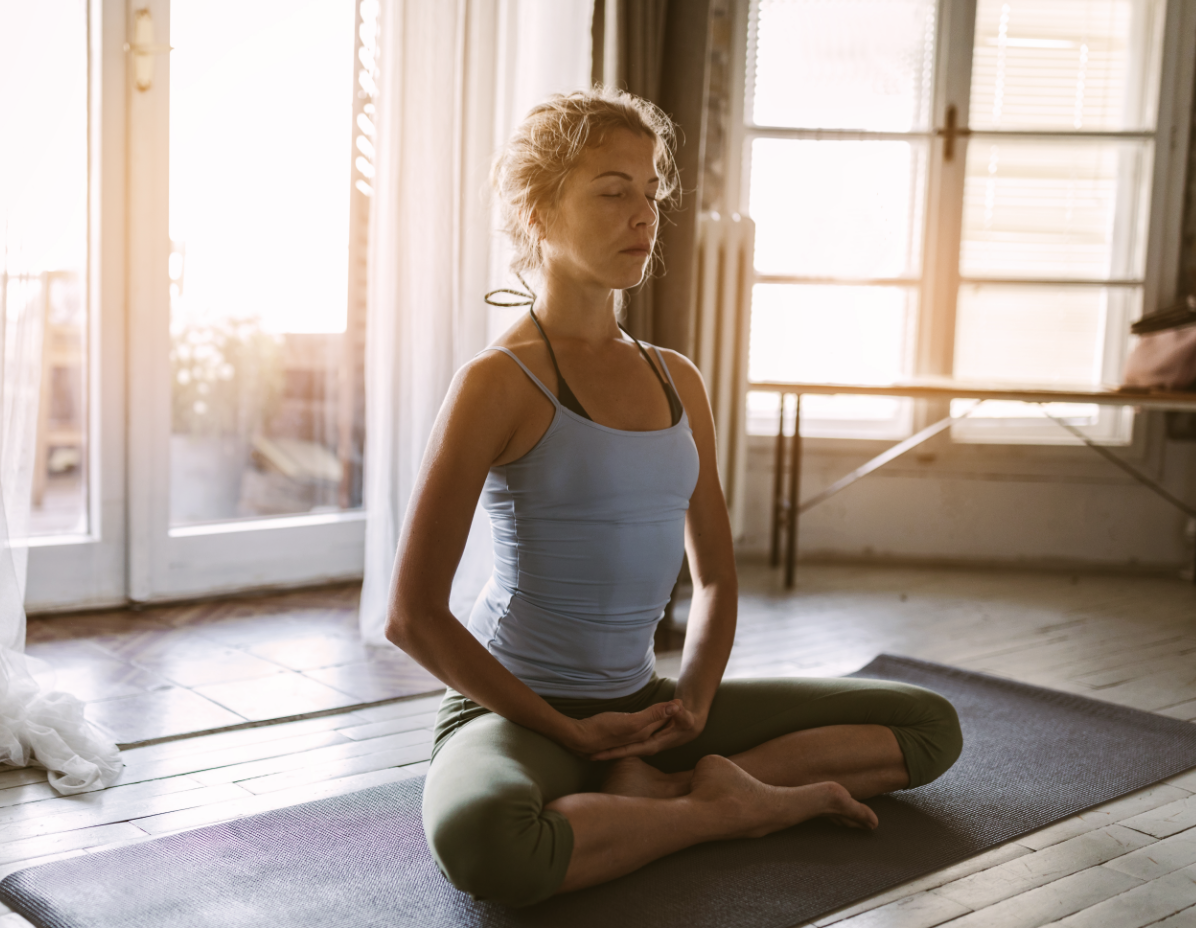Our Favorite Bedtime Snacks to Help You Sleep
How to Wake up Early
Do you dread waking up early? A person’s sleep hygiene, age, chronotype, hormones, and lifestyle habits can increase the struggle with waking up early. Those with evening chronotypes, such as the majority of teenagers, function best in the afternoon and evening. This makes waking up early especially troublesome.
While some adults start the day early as part of their natural sleep patterns, for others, occasionally being forced to wake up early may feel like torture. Whether you rise early by choice or are required to do so for employment, travel, or school obligations, there are ways to help you wake up more easily!
Let’s take a look at several factors that impact your ability to wake up early.
Sleep Hygiene
In an effort to feel restored and ready for the day, making intentional efforts to improve your sleep hygiene is the best place to start. A bedtime routine that helps you unwind, including reading or a relaxing hobby you enjoy, is crucial to successfully waking up without a struggle. Avoid using electronics, especially if you need to adjust to an earlier bedtime. Consider that blue light is likely keep you awake longer.
Positive sleep habits can make a big difference in your body’s ability to get the sleep it needs as well. Reduce your use of stimulants (caffeine, nicotine, alcohol, etc.) in the hours prior to bedtime. Preparing for a full eight to nine hour night of sleep by providing yourself enough time in bed is a logical step that is often missed. While you don’t want to get in bed too early, staying up too late will impact your ability to successfully wake early as well.
Sleep Environment

Don’t underestimate the importance of a great sleep environment, too. A bedroom that is free of clutter and distractions is more likely to reduce your stress. Reducing light and external noises will produce better rest and relaxation. One of the most important room factors to consider is temperature as well. Too warm of an environment is not conducive to quality rest.
Circadian Rhythms
If you have to begin waking up early on a regular basis, be intentional about adjusting your sleep times. Shifting your body’s circadian rhythms requires a gradual transition. Knowing and understanding your chronotype – your body’s natural preference of when to be asleep or awake – is a great first step to easing into this process. Further, adjusting your routines at specific times of day can help you makes these changes more effectively.
Exercise

Making it a priority to commit to 30 minutes of exercise movement can improve your sleep. With the specific goal of adjusting to an earlier rise time, a morning exercise routine can be most helpful. This is especially helpful if you’re able to do so outdoors or under bright lights.
Light
That brings us to a huge factor in adjusting sleep times: light. Light exposure is a crucial element that impacts sleep for all ages! Changing your circadian rhythms will be most effective with light and darkness at appropriate times. To ease into waking earlier, find a well-lit, bright environment upon waking (or even slightly prior to waking)! To wind down more easily for sleep, limit exposure to bright lights in the evening. Too much light makes it difficult to fall asleep, while not enough light can make it very challenging to wake up.
Alarms
You don’t have to enjoy setting an alarm. In fact, most of us don’t like being woken by a loud noise. One caution to helping you feel more rested when you have to wake up earlier is to avoid the snooze button. Research shows that sleep inertia – the temporary state between wakefulness and sleep – causes a slower rationalizing speed, which makes it easy for us to hit the snooze button. However, snoozing your alarm clock or phone alarm can negatively affect the way you feel. This is because fragmented sleep in and out of REM is not restorative.
When you have to wake up early, set your alarm for a realistic time that allows you to wake up without being in a rush. However, make sure it is not too early that snoozing is more likely. As the alarm sounds, sit up and turn on a light quickly. For most effective results, place your device across the room. That way, you have to walk over to it to turn it off. Standing up helps you wake up more fully as well.
Simply choose not to begin a new sleep cycle if you only have nine minutes to snooze as it is not productive sleep. Trust me; you do not want that exhausted feeling that a little snooze can cause. The grogginess can impact you for as much as the first four hours of the day.
Habits
New habits will take at least a week to set in, so don’t rush into the change in schedule. If you have the ability to make these shifts gradually, slowly adjust your wake-up time more and more over a period of time. Moving your rise time by about a half hour every few days can help you adapt to the earlier start time.
Some people even have to give up sleeping in on the weekends if it makes it too tough for their circadian rhythms to adjust back on the weekdays. To make a more permanent shift, it’s best to wake within the same hour everyday.
Although it will, undoubtedly, take time and work to intentionally move towards a new sleep schedule, it is doable. Even night owls can challenge what feels natural to them and teach their bodies to adjust to an earlier start. Over time, you can learn to wake up earlier… without dreading it!


